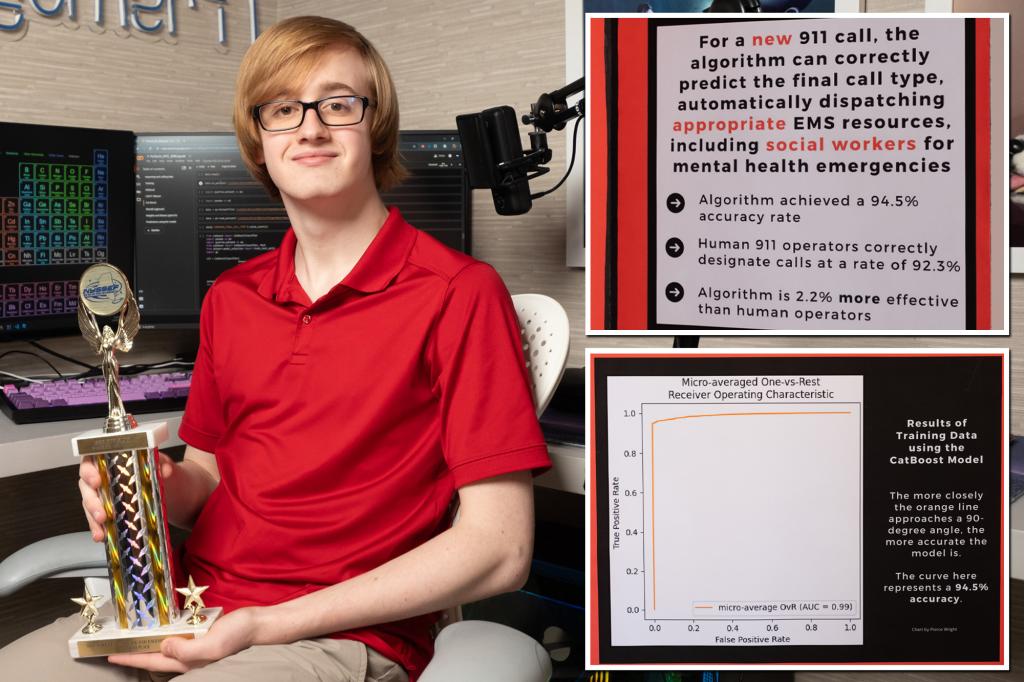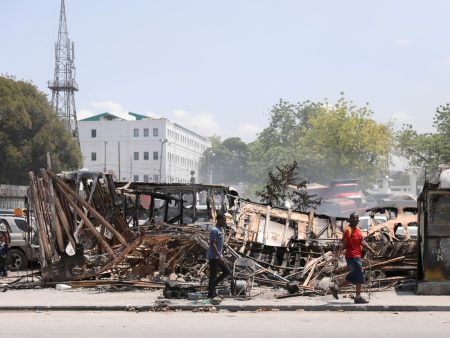A 17-year-old Manhattan high school student, Pierce Wright, has developed an AI algorithm to assist 911 dispatchers in predicting the needs of callers, potentially saving time and resources. The model was designed by combining Wright’s experience as an EMS worker with his data science skills. By analyzing nearly two decades worth of emergency calls data from New York City, the algorithm has been able to predict necessary resources based on factors such as location, time of day, and initial severity level. Wright claims the model has a 94.5% success rate, higher than its human counterparts.
Wright was inspired to create the model after noticing that many calls his EMS crew responded to were related to mental health or substance abuse issues rather than true medical emergencies. This resulted in wasted resources and suboptimal care for patients. The new algorithm aims to provide more appropriate responses to callers, reducing the number of unnecessary hospital visits and long wait times. Despite its success, Wright emphasizes that the program is intended to assist dispatchers rather than replace them.
The teenager’s mother, Melanie, expressed her amazement at her son’s dedication to creating the model. She recounted moments of breakthroughs and the thrill of seeing the project come to fruition after about 200 hours of work. Wright’s algorithm has already won several awards, including first place at the TerraNYC STEM Fair and a second-place trophy at the New York State Science and Engineering Fair. With plans to make the program more customizable and widely accessible, Wright hopes to save cities millions of dollars and significantly reduce emergency response times.
Wright’s ultimate goal is to create something that can help people, whether in the field of public health, computer science, or a combination of both. His innovative approach to improving emergency response systems has the potential to have a significant impact on how resources are allocated during emergencies. By accurately predicting the needs of callers, the algorithm could revolutionize the way emergency services are provided, leading to better outcomes for patients and more efficient use of city resources.
Despite his impressive accomplishments as a junior in high school, Wright remains humble and focused on using his skills to benefit others. He sees the potential for his AI algorithm to transform the way emergency services are delivered, making a positive impact on both patients and cities. With a bright future ahead of him, Wright’s dedication to helping others and his innovative approach to problem-solving are sure to lead to continued success in his career, whichever path he chooses to pursue.















